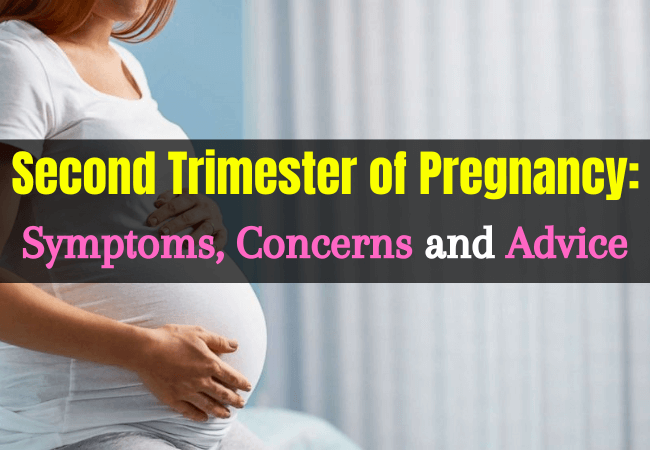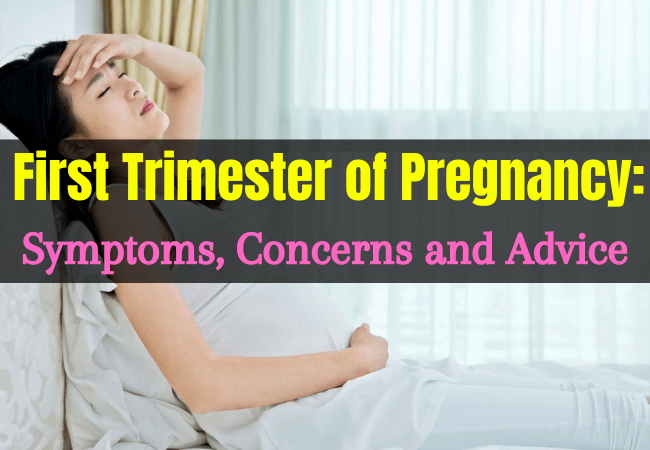Pregnant Women History Taking Process in First Antenatal Visit
How to Take History of Pregnant Women During First Antenatal Visit?
Taking a comprehensive pregnant women history at the first antenatal visit is an important role of the midwife; there are many areas of information to find out, as per these headings:
A. Family history
- Ask regarding family history of illnesses, conditions, or congenital issues which may be relevant to this woman’s health, or to her baby: e.g. Diabetes, TB, Multiple pregnancy. Cardiac disease. Hypertension, Pre-eclampsia, Congenital defects. Partners health/previous paternity. Allergies, Asthma.

B. Medical history:
- Ask about medical or health conditions which may affect the mother the baby or the pregnancy: e.g. Cardiac, Respiratory, Renal, Hepatitis, Thyroid, Allergies, Hypertension, Thromboembolic disease. Childhood illnesses, Epilepsy, Diabetes, Tuberculosis, Mental illness.
- History of any systemic illness(es): Rule out any personal history of systemic illnesses like: High BP (Hypertension), Diabetes, Breathlessness on exertion, palpitations (Heart disease). Chronic cough, blood in sputum, prolonged fever (Tuberculosis), Renal disease. Convulsions (Epilepsy), Attacks of breathlessness or Dama” (Asthma), Rashes, Jaundice.
C. Surgical history:
- Any relevant previous surgery including anaesthetic; Spinal, hip or back deformity. Accidents, broken bones, pelvic injury.
- Any surgery on the reproductive tract (e.g. uterine surgery, cone biopsy, uterine perforation during an MR/MTP etc.).
D. Medications and drugs:
- Ask if the woman is taking any prescribed medications; or any other medications or drugs including herbal. This is important to find out if the woman is allergic to any drug, or if she is taking any drug that might be harmful to the foetus.
- History of drug allergies: This is important to find out if the woman is allergic to any drug.
- Also ask the woman for any history of treatment or drugs taken for infertility. If yes, these women have a higher chance of having twins and other multiple pregnancies.
E. Menstrual and Gynecological history:
- Menstrual history, Age at menarche. Regularity of menstrual cycle, Duration of menses.
- History of her menses; for example excessive or long bleeding may be a risk for anaemia.
- Painful menses may affect the advice for post-natal contraception choices.
- First day of her last period; was it a normal period; Contraception, Smear history. Vaginal infections, STIs, Surgery or laser treatment to cervix, cervical suturing; fistula history, or surgery to repair fistula.
- History of infertility or treatment for it.
F. History of previous pregnancies:
- Ask the woman about her history of being pregnant, and how each pregnancy ended. This may be a distressing or private subject, particularly if the woman has had abortion, miscarriage, or a stillbirth; so the midwife should be kind and sensitive in her communication.
G. Ask questions about each pregnancy:
- For each pregnancy, and each loss of pregnancy or birth, ask regarding: Surgery, Complications, Transfusions, Breastfeeding. Postnatal health (physical and emotional). Feelings about previous pregnancies and births.
- Any surgery on the reproductive tract (e.g. uterine surgery, cone biopsy, uterine perforation during an MR/MTP etc.).
- In particular ask for a history of high blo0d pressure or convulsions in previous pregnancy.
- For each birth, ask regarding prolonged labour, obstructed labour, mal-presentation like breech delivery, ante-partum haemorrhage, post-partum haemorrhage, assisted delivery (forceps or vacuum extraction), and delivery by caesarean section.
- Ask regarding possible isoimmunisation (Rh-ve) in previous pregnancy (ask her for the history of any costly injection given to her within 72 hours of her previous delivery).
- Ask specially for notes on last pregnancy, if available.
- Identify any complications during previous pregnancies that may have a bearing on the present pregnancy.
- For each baby, ask about that child’s health and wellbeing; check for neonatal death. Infant death, congenital concerns, illnesses or outcomes which you may need to provide health education regarding (e. g. jaundice, immunizations, tetanus, ORS, etc.).
H. Assess for risks:
- Assess for some of the researched risks to help develop plan of care. For example:
- Age of the woman: women aged less than 16 or more than 40 years have greater chances or having pregnancy related complications.
- Primigravidas (women having their first baby) and those who have had 4 or more pregnancies are at higher risk of developing complications during pregnancy and during labour.
- Birth Interval: research has shown that women who have spaced their children less than 30 months apart, have greater chances of delivering a premature and low birth weight baby, with consequently increased mortality.
- An interval of less than 2 years from last pregnancy, or 3 months from the last abortion, increases the chance of the mother developing anemia.
- Having gathered a full obstetric history helps the midwife carry out a risk assessment, and is necessary to develop an appropriate plan for the remainder of the pregnancy.AN care, and for the birth.
I. History of current pregnancy:
- As per the menstrual history above, ask the questions necessary to determine the LMP and so calculate the HDD, and current gestation.
- You will know from other questions her: Age, Parity, When last baby born.
- Ask about how she feels about this pregnancy (happy or reluctant).
- What signs of pregnancy she has had, if she has felt fetal movements, and if so when she first felt them;
- General wellbeing in the pregnancy so far, and if she has any symptoms during present pregnancy. Some symptoms might be causing the woman discomfort, and the midwife could offer support or advice. These include: Nausea and vomiting. Heartburn, Constipation, Increased frequency of urination.
- Some symptoms are indications of a complication arising. Ask the woman for the following symptoms in the present pregnancy: Fever, Vaginal discharge. Palpitations, easy fatigability and breathlessness at rest. Generalized swelling of the body: puffiness of face. Passing less amount of urine. Vaginal bleeding. Decreased or absent foetal movements. Leaking of watery fluid per vaginum (PV).
J. Nutritional status:
- Ask if the woman or family have any questions, or concerns. Advice should be offered as per various resources given,. Ask questions regarding: Appetite, Weight, Type of diet, Folic acid supplement.
- History of intake of habit forming or harmful substances: Ask the woman if anyone in the household smokes (risk of passive smoking) or if she takes tobacco (chewing or smoking) and / or alcohol. If yes, she needs to be counseled to discontinue them during pregnancy, as it harms the developing foetus.
- Even after the delivery, the woman should be advised to continue to abstain from taking alcohol and tobacco because it may cause other complications such as addiction and / or the development of cancer etc.











